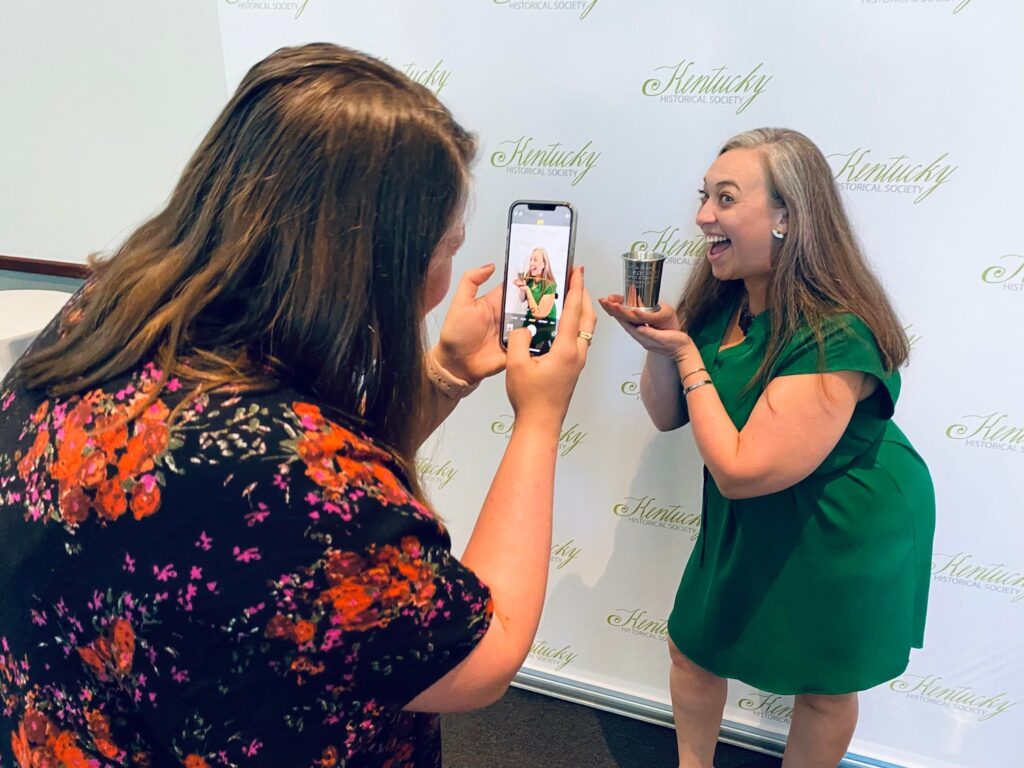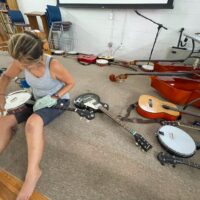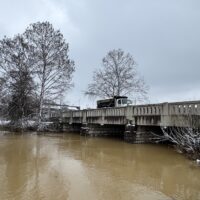You might say I wore a lot of hats this weekend.
On Friday I was at the Shaker Village of Pleasant Hill near Harrodsburg for the start of the National Summit on Journalism in Rural America — a two-day event that posed a big question: “How do rural communities sustain local journalism that supports local democracy?”
The summit was organized by Al Cross, director of the Institute for Rural Journalism and Community Issues at the University of Kentucky, and Jennifer Greer, dean of UK’s College of Communication and Information.
Hoptown Chronicle readers are familiar with UK’s rural journalism program because we publish some of the stories that Cross and his colleague Heather Chapman share on The Rural Blog. Almost every day, I find a story there that addresses an issue important to people in Hopkinsville and Christian County — from legislation sponsored by U.S. Rep. James Comer to protect six-day postal deliveries, to problems with the 2020 Census, to the impact of higher gas prices.
The summit held up several examples of nonprofit and philanthropic journalism and it explored how those could have a role in addressing the decline of for-profit news outlets. Journalist and researcher Penny Abernathy, who lives in rural North Carolina and studies news deserts in America, noted that 37,000 news reporting jobs have been eliminated in the last 15 years.
But Abernathy isn’t just telling us what’s wrong with the news business in small towns. She’s also working on finding solutions. The message she brought to the summit included this: Going forward there won’t be one business model for news outlets in the United States; there will be many, and what you’ll see will depend on where you live.
Journalism startups are increasingly part of the media landscape.
As summit presenter Jonathan Kealing, of the Institute for Nonprofit News, told me, INN is approaching 400 member news outlets. They range from small operations like Hoptown Chronicle, which launched with a website in June 2019, to very large newsrooms like ProPublica.
Abernathy boiled down strong local journalism to three key factors. It ought to set the agenda for the debate of local public policy, encourage economic growth and foster a sense of social cohesion.
Condensed even further, we can say that good journalism builds democracy and builds community.
The journalism summit continued into the weekend, but I had to leave Shaker Village after the Friday session to head to Frankfort for Kentucky History Day. I’m serving as president of the Kentucky Historical Society’s governing board this year, and the history awards presentation included recognition of the Museums of Historic Hopkinsville-Christian County.

Executive Director Alissa Keller was on hand to accept the Thomas D. Clark Award of Excellence. You can read about the award in the story that Lexington freelancer Kevin Nance filed for Hoptown Chronicle. (As I mentioned, I was wearing too many hats this weekend and I’m glad Nance was available to cover the story for us.)
This weekend reminded me that the roles of journalists and historians sometimes overlap, and I think that’s especially true in smaller communities like Hopkinsville where we like to dig into our community’s stories. It gets to the heart of why I included “chronicle” in this news outlet’s name.
I’ve been thinking about an adage I heard Saturday at the history program in Frankfort, a statement that says something about the importance of our stories. As I recall it, a speaker said, “It’s never too late to go back and find something that was lost.”
It’s been a great week to be a Kentuckian who loves journalism and history.
Jennifer P. Brown is co-founder, publisher and editor of Hoptown Chronicle. You can reach her at editor@hoptownchronicle.org. Brown was a reporter and editor at the Kentucky New Era, where she worked for 30 years. She is a co-chair of the national advisory board to the Institute for Rural Journalism and Community Issues, governing board past president for the Kentucky Historical Society, and co-founder of the Kentucky Open Government Coalition. She serves on the Hopkinsville History Foundation's board.





